Audiobooks
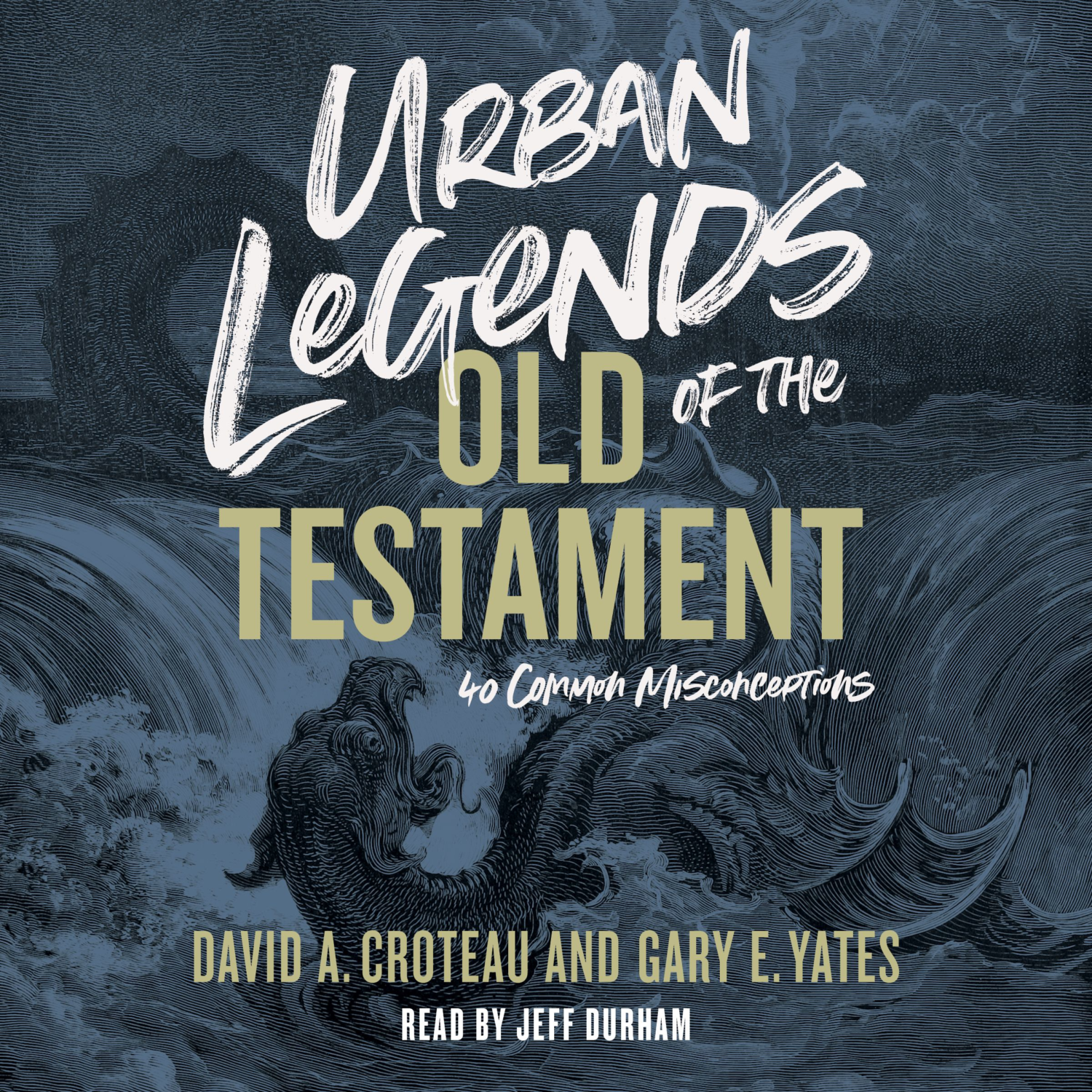
Urban Legends of the Old Testament
Urban Legends of the Old Testament surveys forty of the most commonly misinterpreted passages in the Old Testament. These “urban legends” often arise because interpreters neglect a passage’s context, misuse historical background information, or misunderstand the original language of the text.
With a pastoral tone and helpful explanations of where the error originally occurred, authors David A. Croteau and Gary E. Yates tackle legendary biblical misinterpretations of topics like the origin of evil or the purpose of Mosaic food laws, as well as common misconceptions about dinosaurs, or NASA discovering Joshua’s long day. Urban Legends of the Old Testament will help readers avoid missteps in the interpretation of key biblical texts while modeling interpretative techniques that can also be applied to other Old Testament passages.
With a pastoral tone and helpful explanations of where the error originally occurred, authors David A. Croteau and Gary E. Yates tackle legendary biblical misinterpretations of topics like the origin of evil or the purpose of Mosaic food laws, as well as common misconceptions about dinosaurs, or NASA discovering Joshua’s long day. Urban Legends of the Old Testament will help readers avoid missteps in the interpretation of key biblical texts while modeling interpretative techniques that can also be applied to other Old Testament passages.
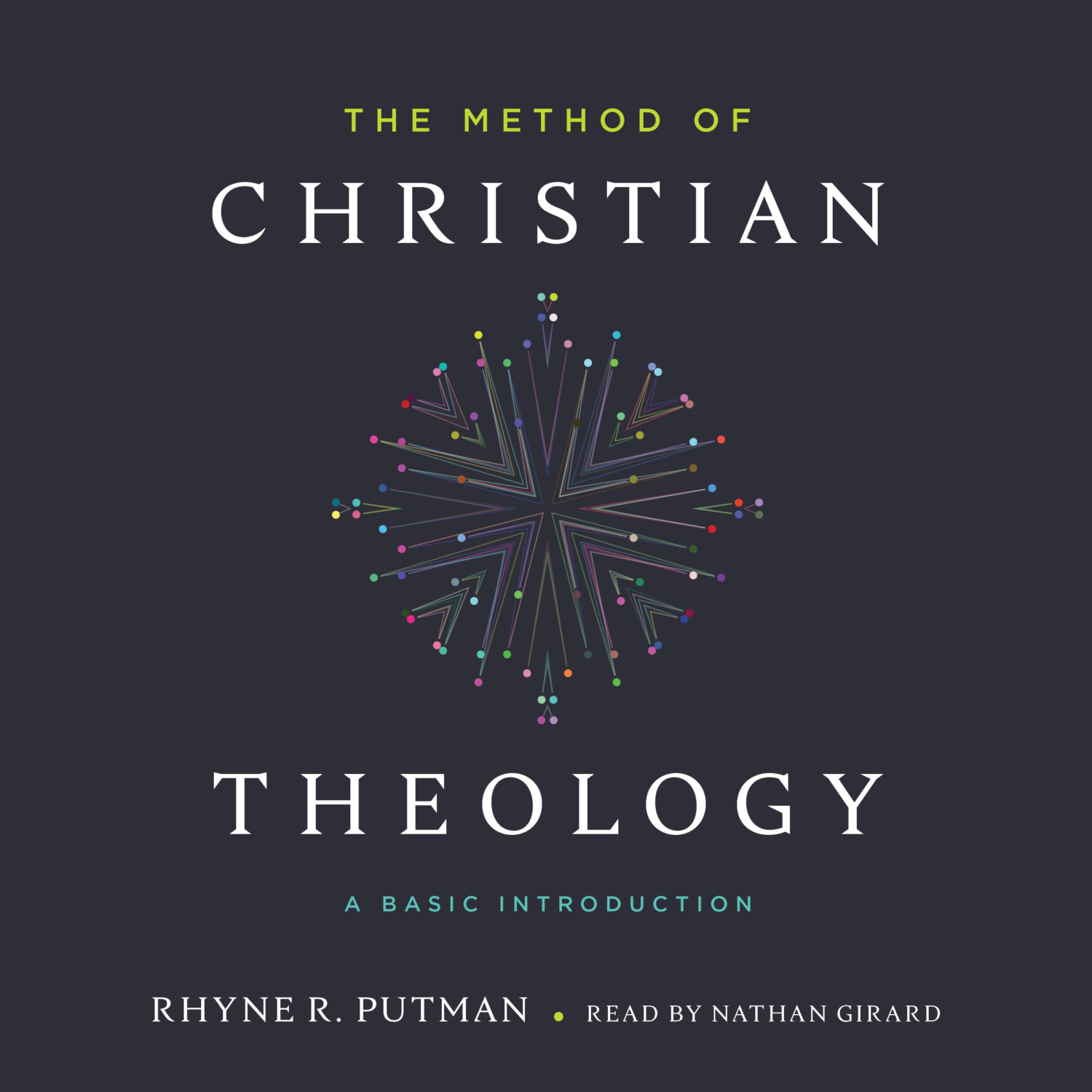
The Method of Christian Theology
When handling the things of God, our method matters.
Everyone who thinks about God has a method for approaching the subject, whether they recognize it or not. A theological method addresses foundational questions such as: What is theology? How should we approach Scripture? What is the role of tradition, philosophy, and experience? How do we use theology in ministering to others? These questions are vital for anyone studying God and his Word—how one defines theology, sees its task, and uses its sources will shape one’s doctrine, for better or worse.
In The Method of Christian Theology, Rhyne Putman guides readers through the essential “first words” of systematic theology. Written for entry-level theology students, this book provides clear guidance for using theological sources, reasoning through difficult questions, and applying theological reflection in paper writing and preaching. By studying the foundations of theology, readers will be better equipped to serve God’s people in whatever ministry they are called to.
Everyone who thinks about God has a method for approaching the subject, whether they recognize it or not. A theological method addresses foundational questions such as: What is theology? How should we approach Scripture? What is the role of tradition, philosophy, and experience? How do we use theology in ministering to others? These questions are vital for anyone studying God and his Word—how one defines theology, sees its task, and uses its sources will shape one’s doctrine, for better or worse.
In The Method of Christian Theology, Rhyne Putman guides readers through the essential “first words” of systematic theology. Written for entry-level theology students, this book provides clear guidance for using theological sources, reasoning through difficult questions, and applying theological reflection in paper writing and preaching. By studying the foundations of theology, readers will be better equipped to serve God’s people in whatever ministry they are called to.
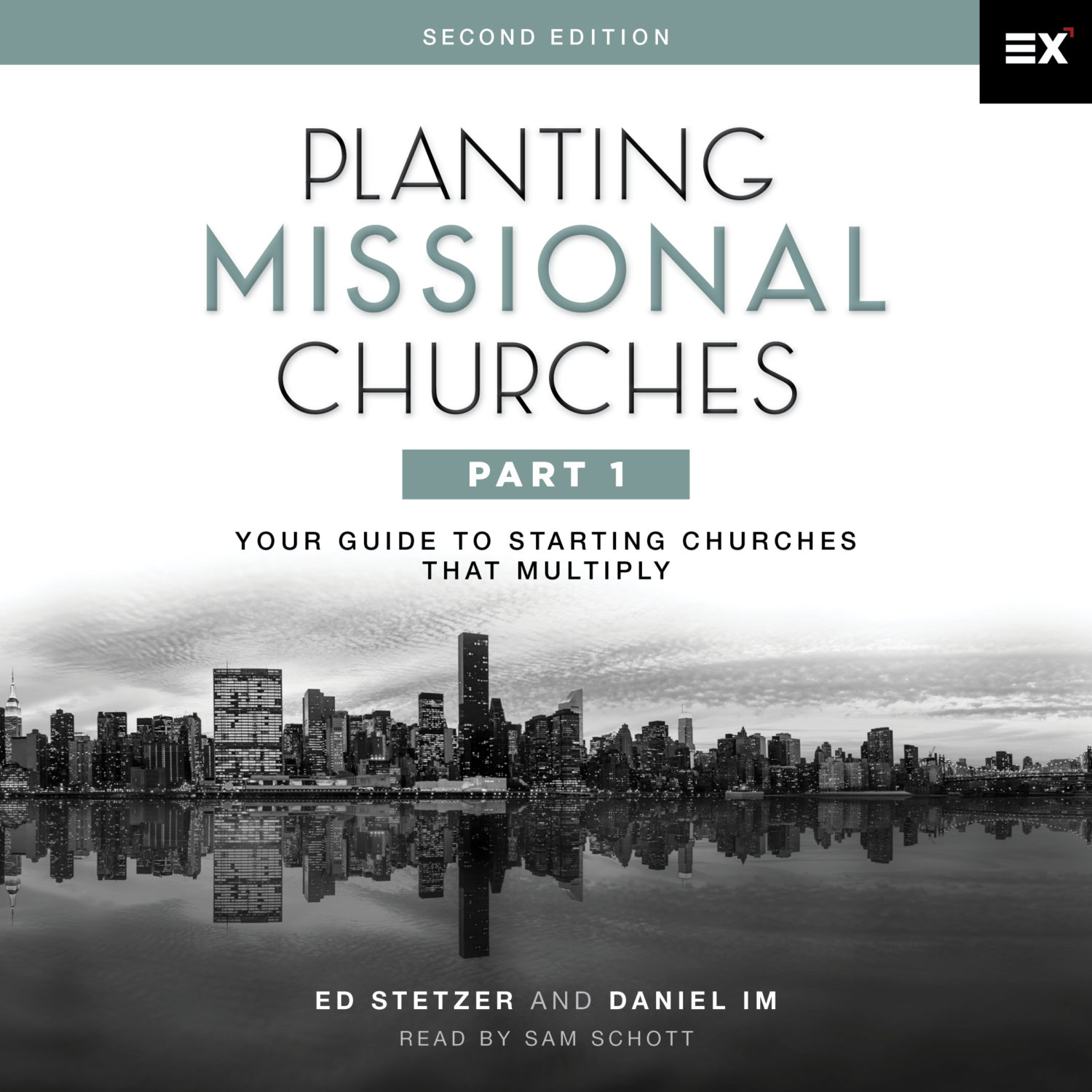
Planting Missional Churches, Second Edition
Planting a church is one of the most exciting adventures you’ll ever embark on. It’s also one of the hardest. It requires initiative, leadership, strategy, systems, and a lot of prayer. In this second edition of Planting Missional Churches, not only will you find a completely redesigned book with new content in every single chapter, but you will also find several new chapters on topics such as church multiplication, residencies, multi-ethnic ministry, multisite, denominations and networks, and spiritual leadership. So if you’re planting a church, be prepared. Use this book as a guide to build the needed ministry areas so that you can multiply over and over again. For additional resources visit www.newchurches.com/PMC.
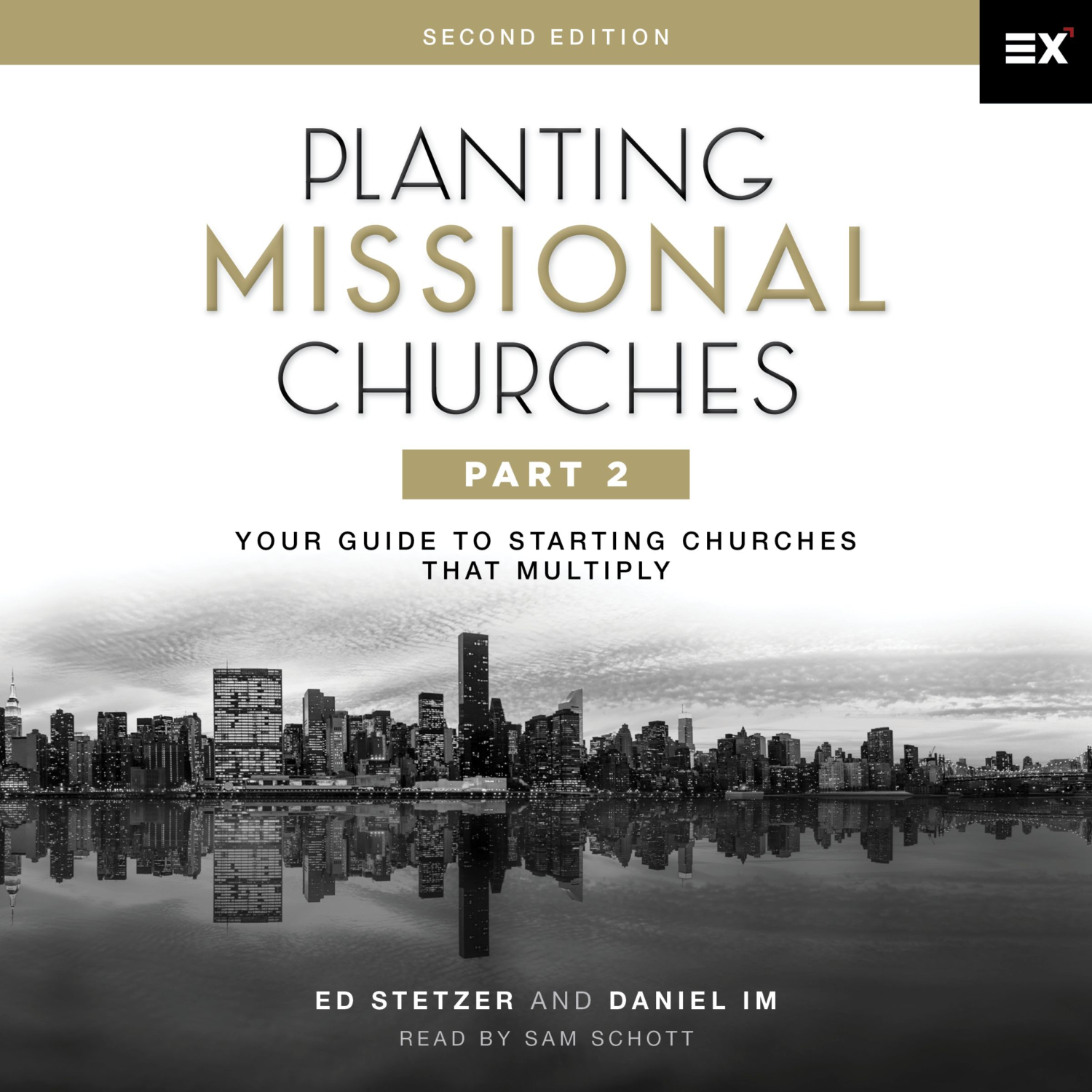
Planting Missional Churches, Second Edition
Planting a church is one of the most exciting adventures you’ll ever embark on. It’s also one of the hardest. It requires initiative, leadership, strategy, systems, and a lot of prayer. In this second edition of Planting Missional Churches, not only will you find a completely redesigned book with new content in every single chapter, but you will also find several new chapters on topics such as church multiplication, residencies, multi-ethnic ministry, multisite, denominations and networks, and spiritual leadership. So if you’re planting a church, be prepared. Use this book as a guide to build the needed ministry areas so that you can multiply over and over again. For additional resources visit www.newchurches.com/PMC.

American History
American History volume 1 surveys the broad sweep of American history from the first Native American societies to the end of the Reconstruction period, following the Civil War. Drawing on a deep range of research and years of classroom teaching experience, Thomas S. Kidd offers students an engaging overview of the first half of American history. The volume features illuminating stories of people from well-known presidents and generals, to lesser-known men and women who struggled under slavery and other forms of oppression to make their place in American life. The role of Christianity in America is central in this book. Americans’ faith sometimes inspired awakenings and the search for an equitable society, but at other times it justified violence and inequality. Students will come away from American History volume 1 better prepared to grapple with the challenges presented by the history of America’s founding, the problem of slavery, and our nation’s political tradition.

American History
American History volume 2 gives a wide overview of America’s history from the end of the Civil War era, to the political and cultural struggles of contemporary times. Thomas S. Kidd employs lessons learned from his own scholarly expertise and history classes to weave together a compelling narrative of the defeats and triumphs that have defined the American national experience. Unlike many textbooks of modern American history, religion and faith remain central aspects of the book’s coverage, through present-day America. It gives detailed treatment of episodes such as America’s military conflicts, the Civil Rights movement, and the culture wars of the past half-century. Professor Kidd also considers the development of America’s obsession with entertainment, from the rise of the first movies, to the social media age. American History volume 2 will help students wrestle with the political and cultural changes that have dramatically transformed contemporary American life
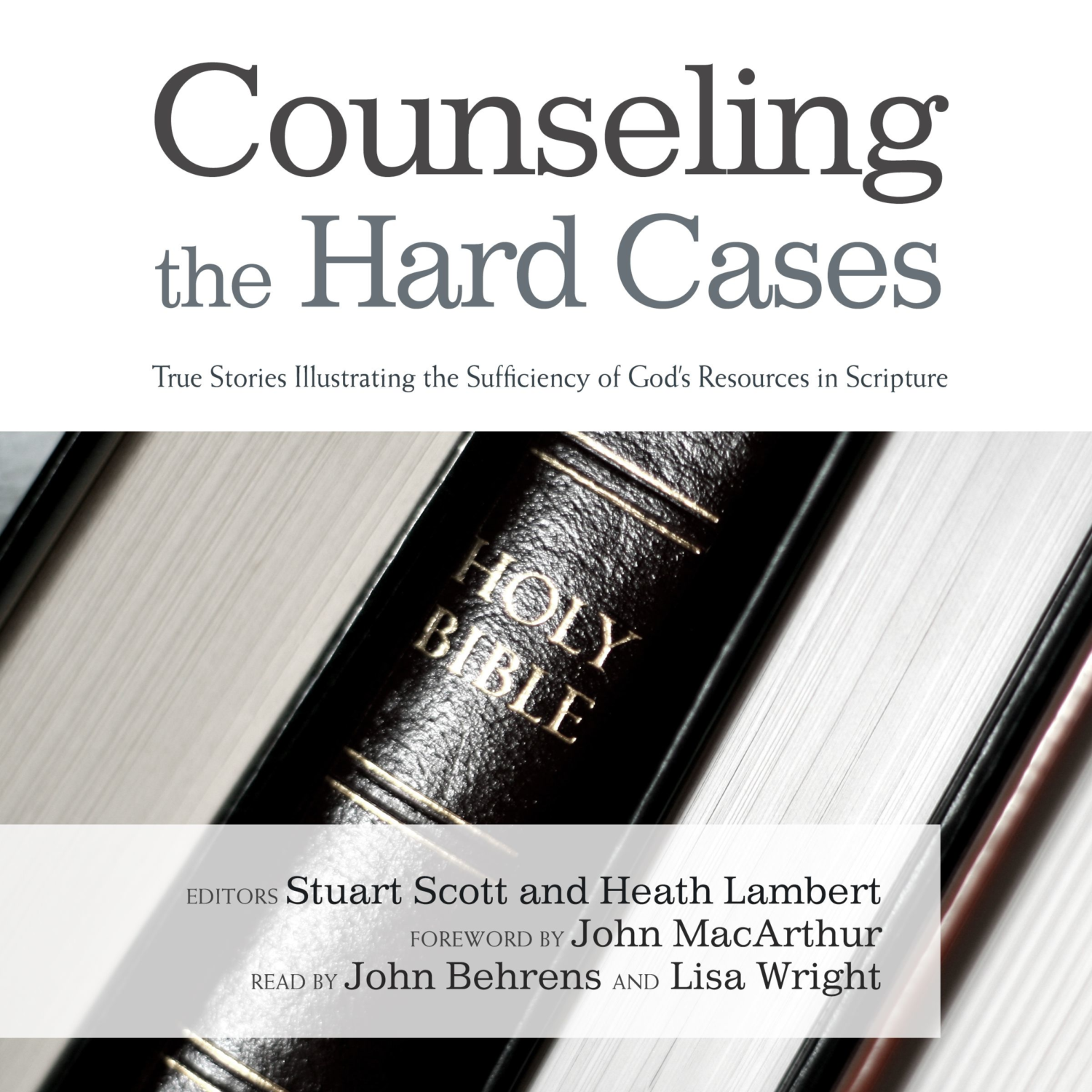
Counseling the Hard Cases
Biblical counselors have worked for decades to demonstrate that God’s resources in Scripture are sufficient to help people with their counseling-related problems. In Counseling the Hard Cases, editors Stuart Scott and Heath Lambert use the true stories of real patients to show how the truths of God’s Word can be released to bring help, hope, and healing into the lives of those who struggle with some of the most difficult psychiatric diagnoses.
From pastors and academics to physicians and psychiatrists, a world-class team of contributing counselors share accounts of Scripture having helped overcome bipolar, dissociative identity, and obsessive compulsive disorders, postpartum depression, panic attacks, addiction, issues from childhood sexual abuse, homosexuality, and more.
The book also shows how the graces of Christ, as revealed in the Bible, brought powerful spiritual change to the lives of such people who seemed previously burdened beyond hope by mental and emotional roadblocks.
Contributors include John Babler, Ph.D., Kevin Carson, D.Min., Laura Hendrickson, M.D., Garrett Higbee, Psy.D., Robert Jones, D.Min., Martha Peace, RN, Steve Viars, D.Min., and Dan Wickert, M.D.
From pastors and academics to physicians and psychiatrists, a world-class team of contributing counselors share accounts of Scripture having helped overcome bipolar, dissociative identity, and obsessive compulsive disorders, postpartum depression, panic attacks, addiction, issues from childhood sexual abuse, homosexuality, and more.
The book also shows how the graces of Christ, as revealed in the Bible, brought powerful spiritual change to the lives of such people who seemed previously burdened beyond hope by mental and emotional roadblocks.
Contributors include John Babler, Ph.D., Kevin Carson, D.Min., Laura Hendrickson, M.D., Garrett Higbee, Psy.D., Robert Jones, D.Min., Martha Peace, RN, Steve Viars, D.Min., and Dan Wickert, M.D.
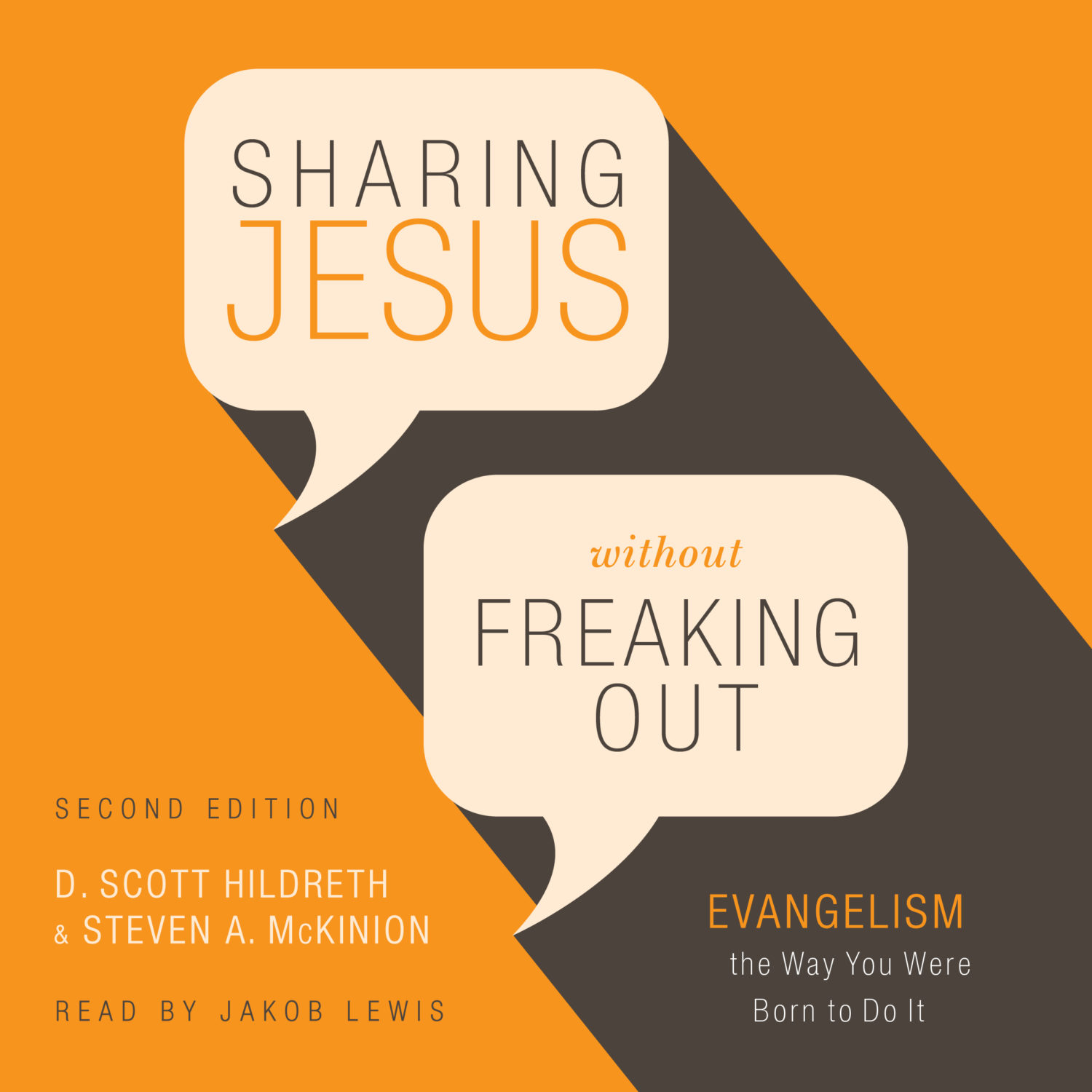
Sharing Jesus Without Freaking Out
What if talking about your faith felt as natural as discussing your family, your work, or your hobbies?
Evangelism doesn't have to be uncomfortable. You're under no pressure to prove anything. It really just amounts to having a conversation, and almost any context provides the opportunity for evangelism. You can spot these opportunities when you listen, because people talk about what's important to them. So think of evangelism as building a relationship with someone and intentionally planning to share Jesus as a part of everyday living.
Sharing Jesus without Freaking Out, Second Edition is not a comprehensive theology of evangelism or the methods by which that theological message is communicated. The goal of the book is simply to show what evangelism looks like when it’s part of ordinary, everyday conversations. Sharing Jesus with others isn't a mystery, and it can be as natural as working a job, practicing a favorite hobby, or engaging in any other kind of daily activity. The authors show how anyone can make sharing the gospel a commonplace part of their lifestyle. Without all the freaking out part.
Evangelism doesn't have to be uncomfortable. You're under no pressure to prove anything. It really just amounts to having a conversation, and almost any context provides the opportunity for evangelism. You can spot these opportunities when you listen, because people talk about what's important to them. So think of evangelism as building a relationship with someone and intentionally planning to share Jesus as a part of everyday living.
Sharing Jesus without Freaking Out, Second Edition is not a comprehensive theology of evangelism or the methods by which that theological message is communicated. The goal of the book is simply to show what evangelism looks like when it’s part of ordinary, everyday conversations. Sharing Jesus with others isn't a mystery, and it can be as natural as working a job, practicing a favorite hobby, or engaging in any other kind of daily activity. The authors show how anyone can make sharing the gospel a commonplace part of their lifestyle. Without all the freaking out part.
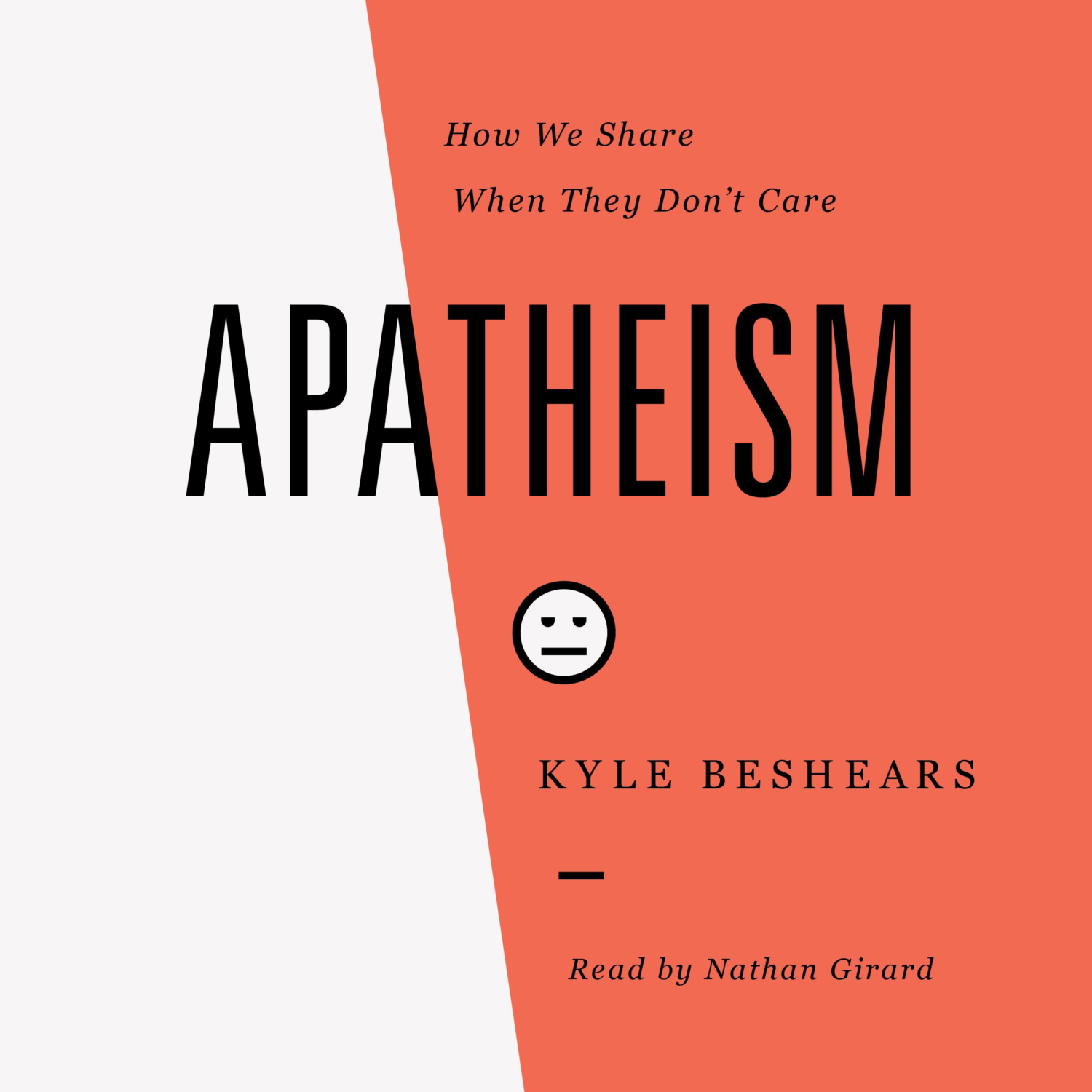
Apatheism
How can you share the gospel with someone who doesn’t care? As Western culture becomes increasingly indifferent to questions of faith, diverted by secularism, comfort, and distraction, believers encounter many people who don’t so much doubt God as they are apathetic toward him. In Apatheism, Kyle Beshears urges us to recapture the joy of our salvation and demonstrates how to faithfully display the love of Christ to apatheist friends and neighbors.